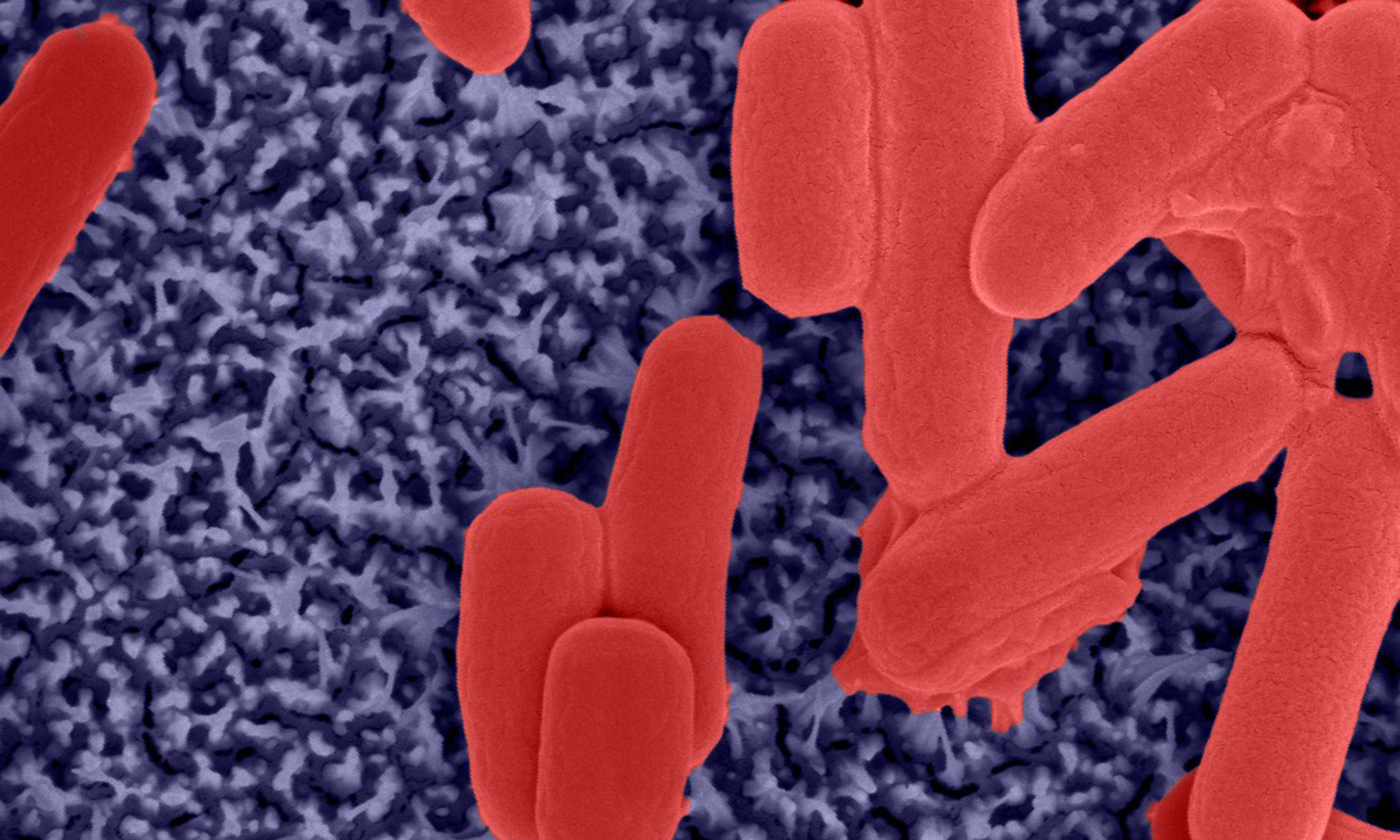 We perform fundamental research and develop technologies for improving human health. Ongoing research includes studies of nanoparticle-biological interactions, cellular mechanics, engineering of proteases and CRISPR-Cas systems, development of new types of sensors, and new materials for biomedical applications.
We perform fundamental research and develop technologies for improving human health. Ongoing research includes studies of nanoparticle-biological interactions, cellular mechanics, engineering of proteases and CRISPR-Cas systems, development of new types of sensors, and new materials for biomedical applications.
Faculty

Carl Denard
Assistant ProfessorBiography
My research is in the area of molecular and cellular bioengineering. We apply our expertise in cellular and protein engineering to develop novel strategies to diagnose, target and fight disease.
“DESIGNER” PROTEIN-MODIFYING ENZYMES FOR BIOMEDICINE, BIOTECHNOLOGY AND SYNTHETIC BIOLOGY
Enzymes that catalyze site-specific protein modifications play vital roles in regulating cellular processes. Understanding their substrate specificity not only provides insight into their physiological mechanisms but also enables their selective targeting to remediate disease states. In addition, leveraging the specificity of protein-modifying enzymes enables the development of novel therapeutics, biomedical and biotechnological tools. However, there is a need to expand the limited substrate scope and low catalytic activity of protein-modifying enzymes to fully realize their potential in these domains.
Using methods of protein engineering and synthetic biology, my lab seeks to redefine and redesign the substrate specificity of protein-modifying enzymes in order to repurpose them as novel therapeutic and diagnostic modalities. In one area of focus, we are evolving the specificity of proteases to target misfolded and aberrant proteins involved in neurodegenerative, autoimmune diseases and cancer. We hypothesize that catalytic degradation of disease-related proteins can help fight diseases in ways that can be complementary to and mechanistically distinct from current therapeutic approaches.
In a related area of research, we aim to evolve enzymes for the site-specific labeling of proteins, cells and biomaterials to improve their therapeutic efficacy and disease targeting. We envision to generate highly-functionalized therapeutic agents with multipronged and synergistic modes of action.
A complementary research focus is to take advantage of site-specific protein modifications to build circuit-level logic functions that reprogram cellular behavior along rapid time scales. Highly programmable, responsive and predictable synthetic protein circuits will augment genetic engineering by introducing novel design principles that facilitate cellular engineering. In addition to applications in biosensing, successes in this area are central to developing on-demand delivery of catalytic actuators to disease sites.
EDUCATION
Ph.D., 2014, University of Illinois at Urbana-Champaign
